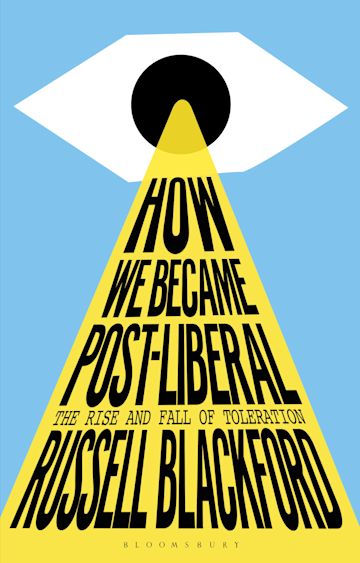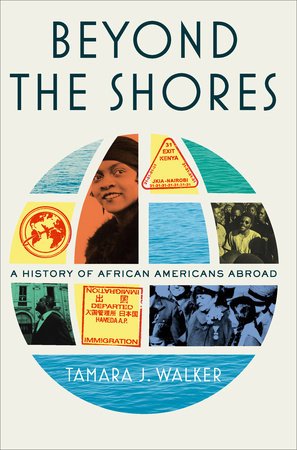 Throughout Writing True Stories Miller uses the perfect tone – clear and simple but never patronising or dumbed-down. The book always makes the assumption that everyone is the best expert on their own story and we are all beginners when facing the blank page.
Throughout Writing True Stories Miller uses the perfect tone – clear and simple but never patronising or dumbed-down. The book always makes the assumption that everyone is the best expert on their own story and we are all beginners when facing the blank page.
Category: Non fiction reviews
The Garden Against Time: In Search of a Common Paradise by Olivia Laing
 Throughout The Garden Against Time, Laing returns to the concepts of gates and walls: while she sees the need for secrecy, or at least privacy, as having been crucial for the formation of what she calls a queer “counter-state” (213) in the face of oppression, she is well aware that borders and barriers to access are tools of oppression as well.
Throughout The Garden Against Time, Laing returns to the concepts of gates and walls: while she sees the need for secrecy, or at least privacy, as having been crucial for the formation of what she calls a queer “counter-state” (213) in the face of oppression, she is well aware that borders and barriers to access are tools of oppression as well.
A review of How We Became Post-Liberal by Russell Blackford
 Blackford’s knowledge is wide-reaching and he constructs his arguments carefully, with evidence that encompasses history, law, and philosophy, making it clear that the first step in combating intolerance is to understand how and why it arises.
Blackford’s knowledge is wide-reaching and he constructs his arguments carefully, with evidence that encompasses history, law, and philosophy, making it clear that the first step in combating intolerance is to understand how and why it arises.
A review of Beyond the Shores by Tamara J Walker

A review of A Fire at the Center by Karen Van Fossan
 What Van Fossan delivers is life—a progress report on a directed but unfinished life, painfully acquainted with ambiguity and exquisitely cast in vibrant minimalist prose. Ultimately, the shadow of the book left in the reader’s mind is neither bound wrists nor angry fist but palms, unchastened, reverently touching.
What Van Fossan delivers is life—a progress report on a directed but unfinished life, painfully acquainted with ambiguity and exquisitely cast in vibrant minimalist prose. Ultimately, the shadow of the book left in the reader’s mind is neither bound wrists nor angry fist but palms, unchastened, reverently touching.
A review of Boat Girl by Melanie Neale
 From the day she was born Melanie was certain how fell about the boat. Melanie knew she “fell in love with the 47’ fiberglass sailboat the day I came aboard from the hospital” (Neale 1). She continued to share a deep connection with the boat as she aged, she spent most of her life on it, the bond and memories that came from those experiences stayed with her till the end of the memoir.
From the day she was born Melanie was certain how fell about the boat. Melanie knew she “fell in love with the 47’ fiberglass sailboat the day I came aboard from the hospital” (Neale 1). She continued to share a deep connection with the boat as she aged, she spent most of her life on it, the bond and memories that came from those experiences stayed with her till the end of the memoir.
Dark Continents: Sima Godfrey’s The Crimean War and Cultural Memory and Raymond Roussel’s Impressions d’Afrique
 The Crimean War and Cultural Memory is more than a window on cultural disapprobation, from a particular era. It is a sensitive, scholarly (with great photographs and illustrations) exercise in resurrecting obscure, ‘forgotten’ history. How history gets to forgotten is the main issue here.
The Crimean War and Cultural Memory is more than a window on cultural disapprobation, from a particular era. It is a sensitive, scholarly (with great photographs and illustrations) exercise in resurrecting obscure, ‘forgotten’ history. How history gets to forgotten is the main issue here.
A review of Kin: Family in the 21st century by Marina Kamenev
 Kin is a deeply researched book that explores the many ways families are made today, whether that be families without children, families created by sperm donation, IVF, surrogacy, adoption, and parenting with three or more to name just a few. Kamanev does a wonderful job exploring these iterations, combining historical context, stories, interviews, research, personal anecdotes, and pervasive assumptions.
Kin is a deeply researched book that explores the many ways families are made today, whether that be families without children, families created by sperm donation, IVF, surrogacy, adoption, and parenting with three or more to name just a few. Kamanev does a wonderful job exploring these iterations, combining historical context, stories, interviews, research, personal anecdotes, and pervasive assumptions.
A review of Magus: The Art of Magic from Faustus to Agrippa by Anthony Grafton
 Anthony Grafton, who has made a career writing about similar rarities, conjunctions and mystifications, is a master historian, a writer who goes elbow deep, fearlessly, into artifact, archive, and multi-lingual sources (including Latin and Ancient Greek) as he chases the dragons of medieval magic and mystification.
Anthony Grafton, who has made a career writing about similar rarities, conjunctions and mystifications, is a master historian, a writer who goes elbow deep, fearlessly, into artifact, archive, and multi-lingual sources (including Latin and Ancient Greek) as he chases the dragons of medieval magic and mystification.
A review of Monkey Wars by Deborah Blum
 In Monkey Wars Deborah Blum walks us through the battle-field between animal researchers and animal rights activists and asks how much suffering is worth how much knowledge. Written in 1994 the book still holds up today, just as books written on politics or religion still do, as deep moral questions don’t tend to evaporate away.
In Monkey Wars Deborah Blum walks us through the battle-field between animal researchers and animal rights activists and asks how much suffering is worth how much knowledge. Written in 1994 the book still holds up today, just as books written on politics or religion still do, as deep moral questions don’t tend to evaporate away.